I found it interesting how many quotations decorated the city of Berlin. Many were on the Wall itself as well as on the walls of the different museums and memorials we visited, but there were also quite a few plastered on buildings (like the second one posted below that Michael also posted yesterday), etched into cement on the ground, painted on the floors in the malls, on benches, etc. Many I didn’t understand because I don’t speak German, and some that were in English I didn’t understand because I wasn’t quite sure what they were getting at. Berlin, in the few days we were there, gave me the impression that it is a very vibrant and opinionated place.
We had a taxi pick-up on Saturday morning at 3.45a.m. for our flight from Berlin to Gdańsk (Poland) which left at 6a.m. In our research, we had discovered that Friday, the night before our early flight, there was a piano performance at 9p.m. at the Berlin Philharmonie–the concert hall in Berlin that is home to the Berlin Philharmonic, one of the top symphony orchestras in the world. Unfortunately, the Philharmonic was performing out of town, but the idea of hearing a piano performance and experiencing the acclaimed acoustics of the concert hall sounded wonderful… even if it meant that our already-short night of sleep would be cut even shorter. We showed up at the concert hall not knowing if tickets would be available and were excited to learn that there were! We purchased six tickets and asked how long the concert would be. Four hours, we were told. Four hours?!
We sat down and the concert by French pianist, Pierre-Laurent Aimard, began. Aimard was performing Olivier Messiaen’s Catalogue d’oiseaux (“Catalog of birds”), in which Messiaen tried, in his own words, “to render exactly the typical birdsong of a region, surrounded by its neighbours from the same habitat, as well as the form of song at different hours of the day and night.” Basically, I believe the 20th century composer was intending to make his music sound like birds from different regions of France singing their bird songs at different times of the day. Keegan’s description later was, “You know how before I played the piano I would just bang on it? It sounded like that.” With no discernible rhythm or melody, that was a perfect description. Aimard is an excellent piano player and I’m sure Messiaen was very talented himself, but I had Findlay on my left stifling giggles and Keegan on my right whispering to me, “Why does music here sound so different from music in Redmond??” It sounded like modern art played on the piano; it made no sense to me.
One observation I had from our evening at the Berlin Philharmonie is that Germans are REALLY good at being totally still and quiet during long periods of rest. I was holding my breath hoping the Hartshorn row could do the same. It helped that one third of the Hartshorns were asleep (clues: 1) the largest family member and 2) the redhead). The rest of us managed to blend in well and not make a peep (or let out any loud yawns as the youngest has done in the past).
During the first intermission, thankfully just one hour in, I expressed my willingness to leave and was greeted by a huge hug and deep sigh of relief from Michael. Apparently, no one else from our family enjoyed it either (I was not surprised). Keegan asked, “Do you know why he played such a horrible piece in front of, like, 2,000 people?” Horrible is subjective and there seem to plenty of people who appreciate that style of music–the hall was about 90% full. I do wonder how many people lasted until 1a.m., though.
We weren’t the only ones eager to leave; there was a couple a few rows in front of us who left after about five minutes, but maybe they had an emergency? Or maybe they also learned the lesson that we did: listen to a clip of the piece before buying tickets!
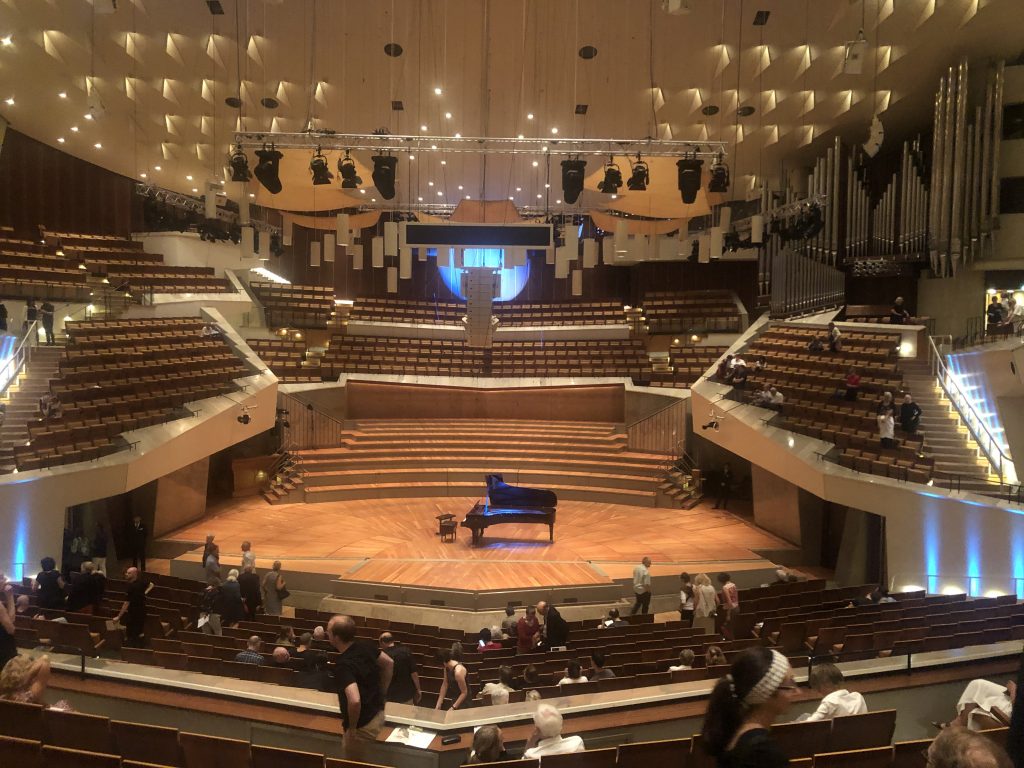

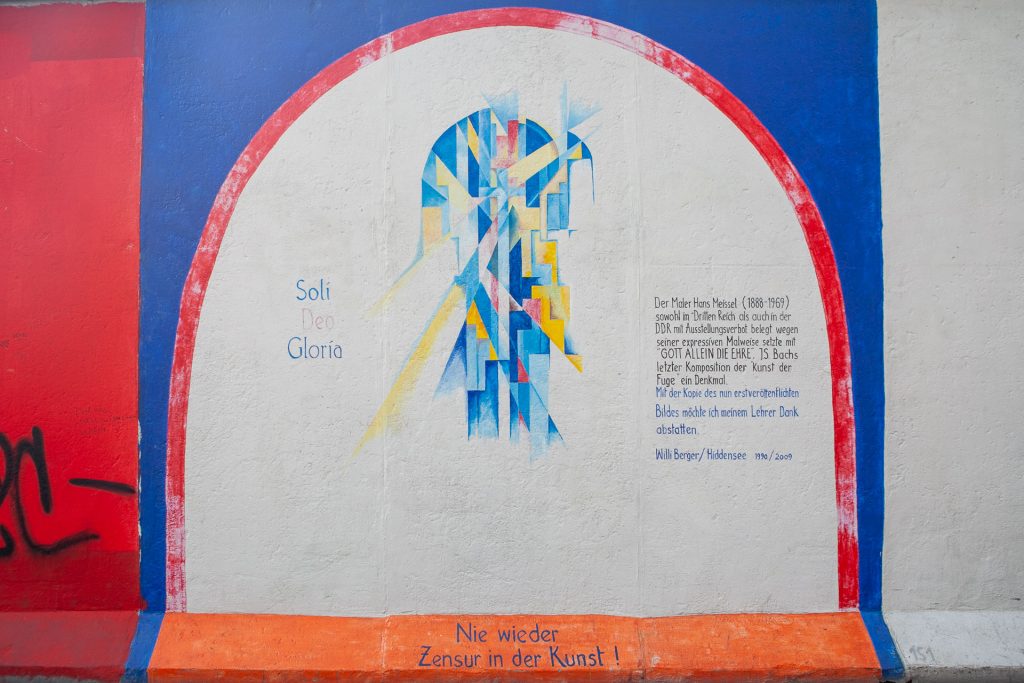
I’ve long known “Soli Deo gloria” as one of the five solas that grew out of the Protestant Reformation (scripture alone; faith alone; grace alone; Christ alone; to the glory of God alone), but I learned after looking up the meaning behind this artwork that Johann Sebastian Bach put the initials SDG at the bottom of all of his compositions. Even after all of my Bach playing and our boys’ Bach playing, I had never realized that! He was communicating the idea that it is God alone who is to receive all glory for the music he has created (and the bigger picture being that it is God alone who is to receive all glory for His work of creation and redemption).
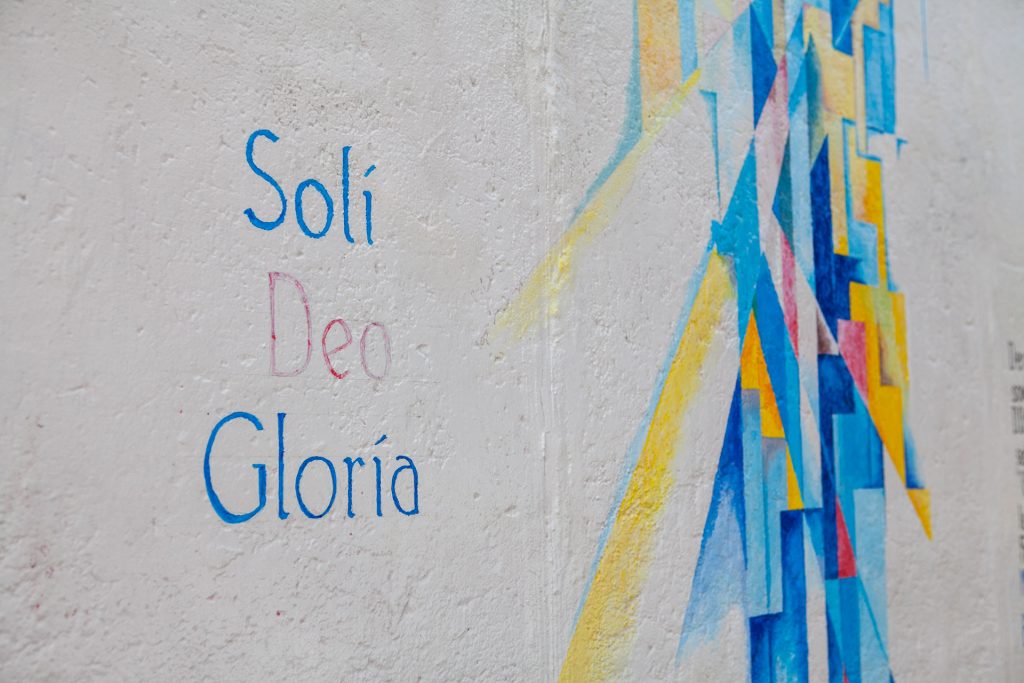
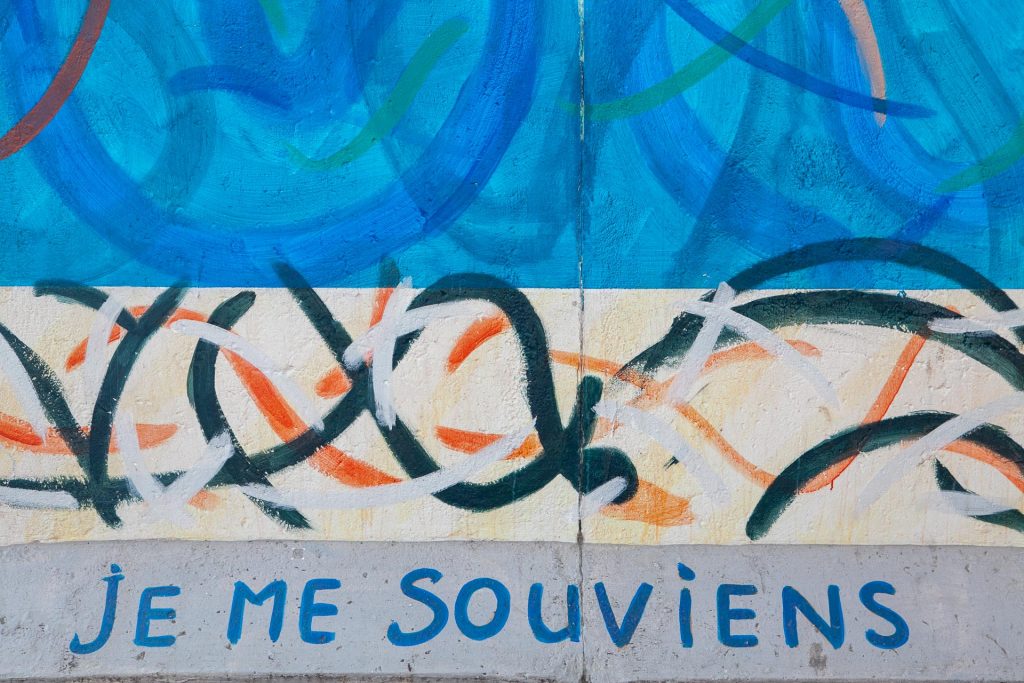


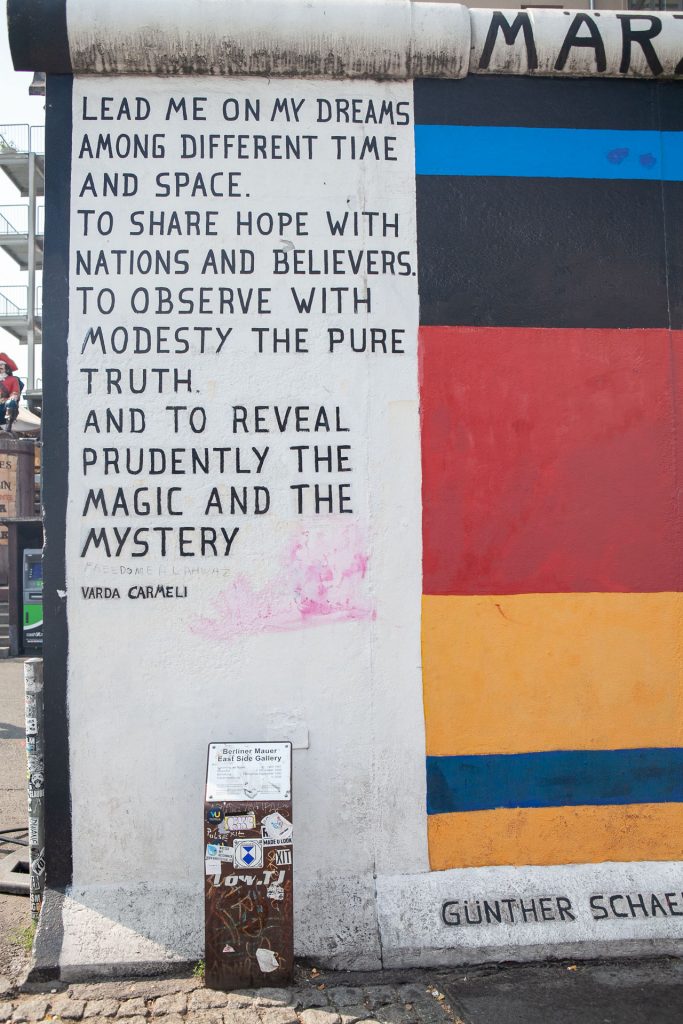


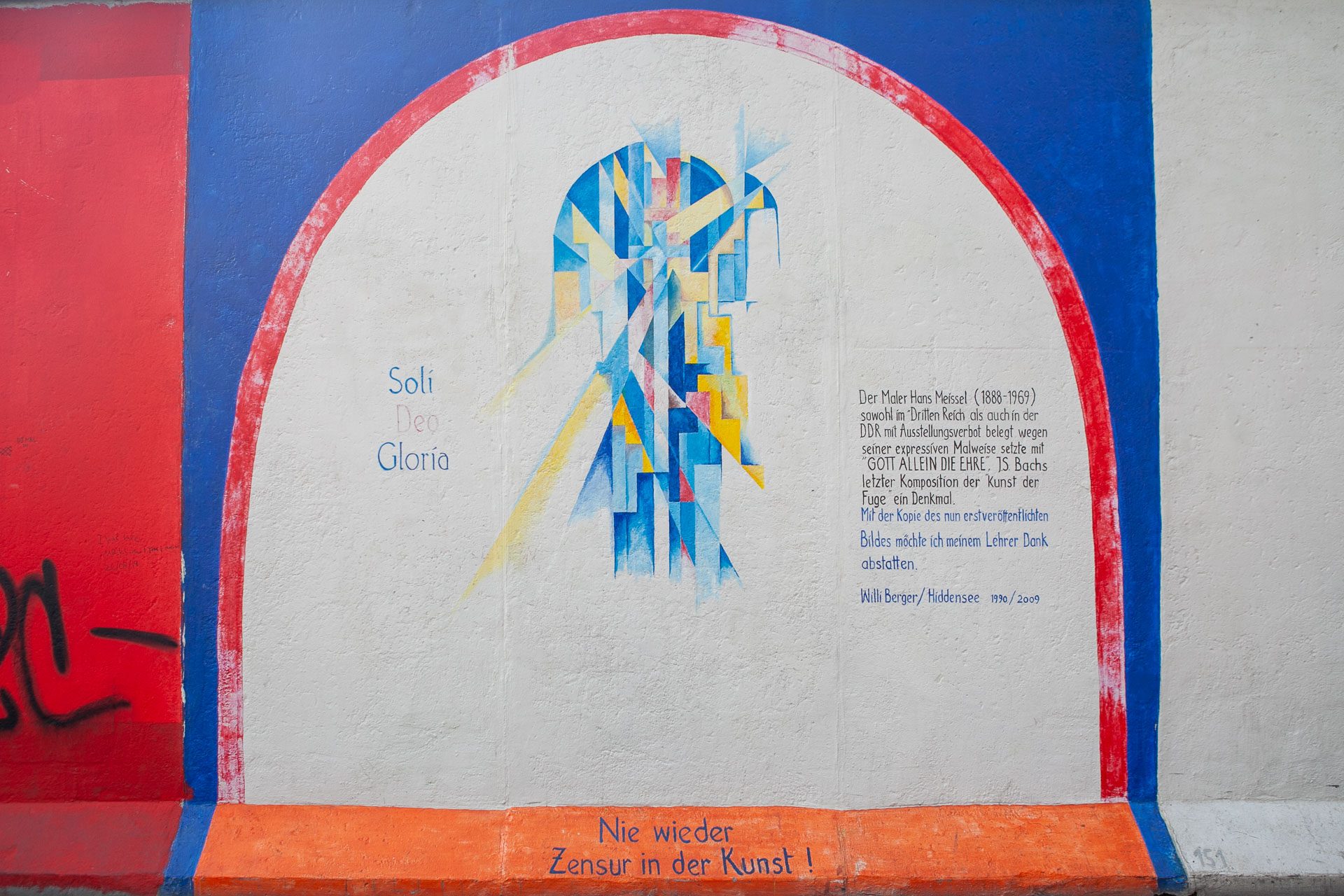


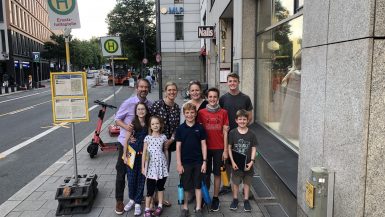
Hi Michael and family, Had conversations with your folks this morning and they filled me in you your amazing family commitment to this global trip. Will follow you details with interest. Appreciate the detail you are adding to your experiences and the pics are adding a lot.
Doug Corpron–Yakima
Thanks so much Dr Corpron, and great to hear from you!! I hope you’re doing well 😁
Love hearing these amazing funny and loving messages! Look forward to everyday!<3
Aw thank you so much, Tammy!! It is so good to hear from you and know you are following along!!! We miss you guys!!
I could almost hear the concert, your description was perfect. So many experiences, love that you can look back at this and laugh!
Thanks Sarah! 🙂